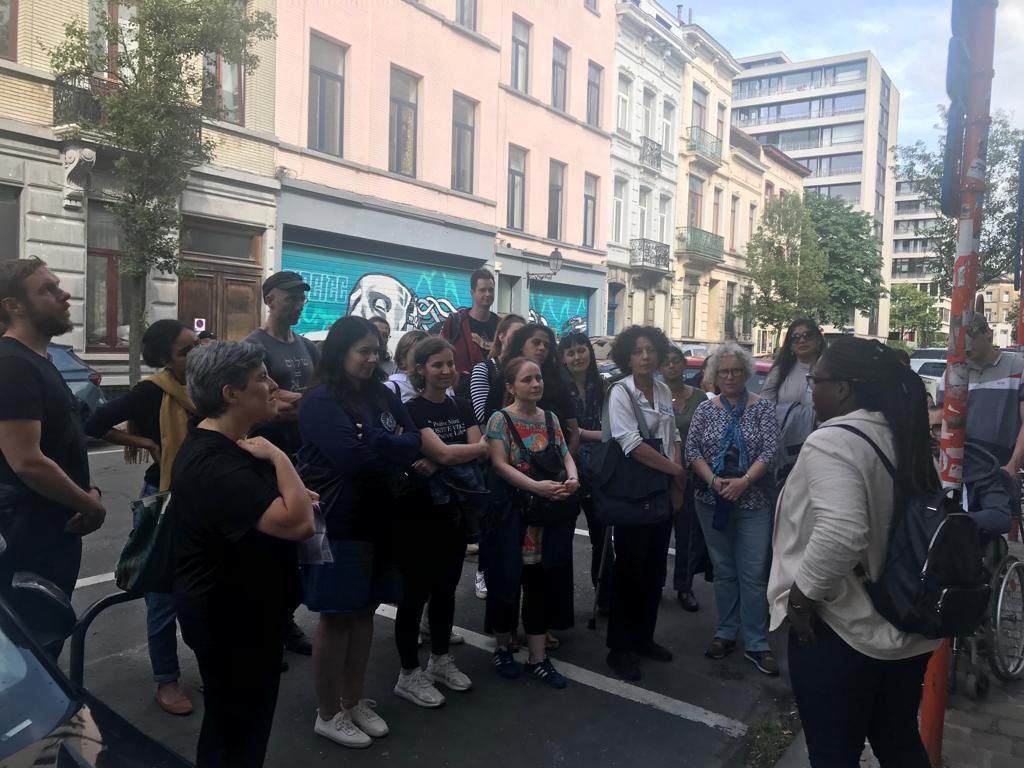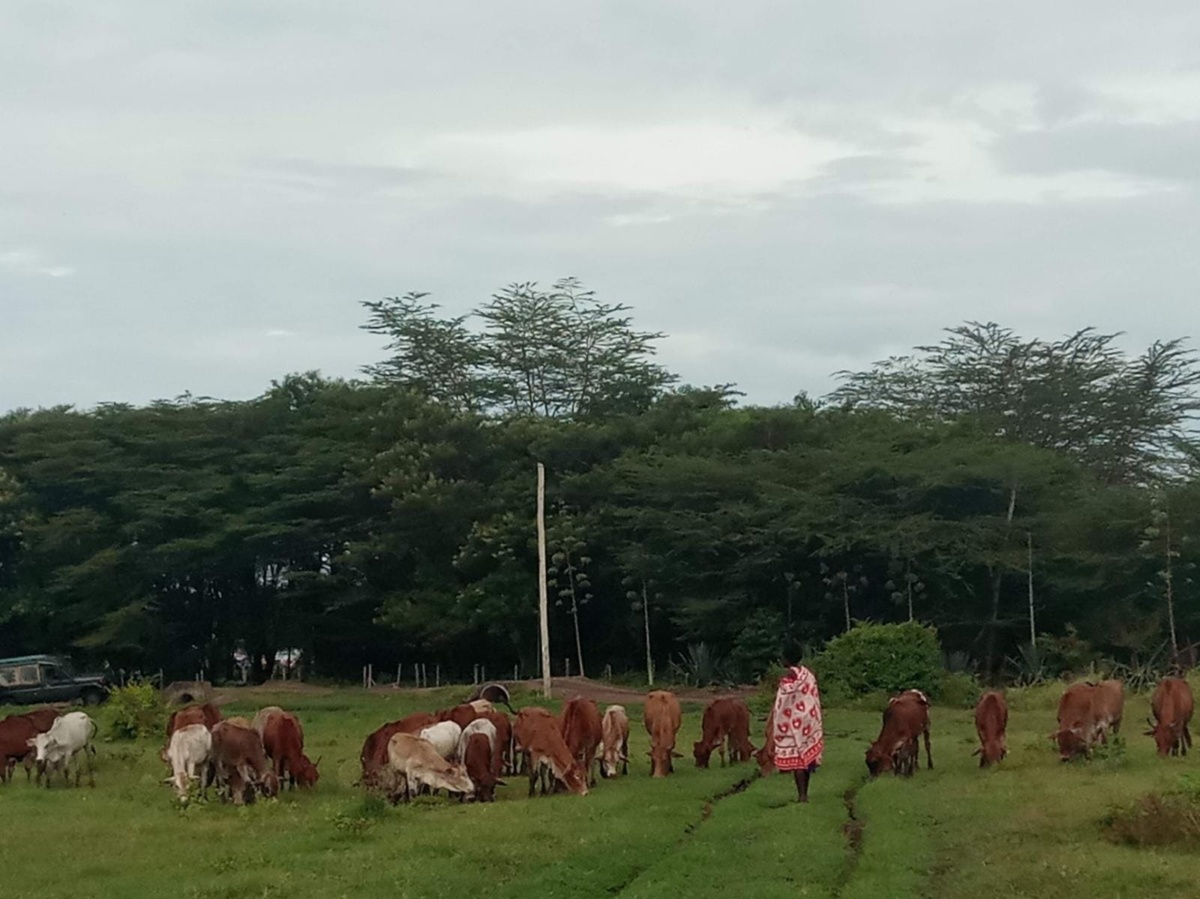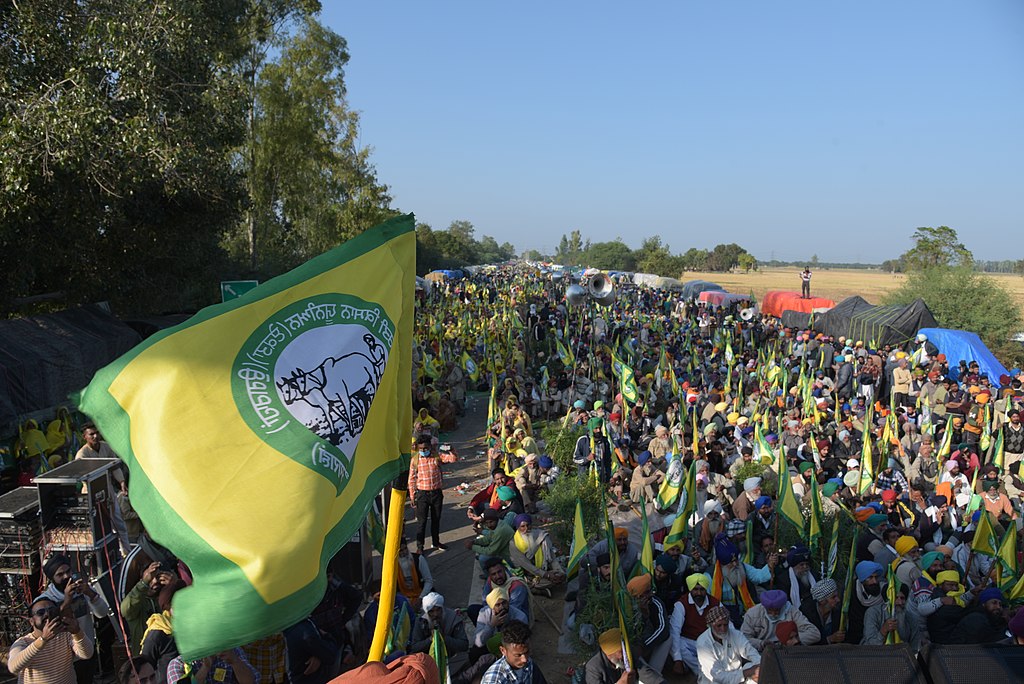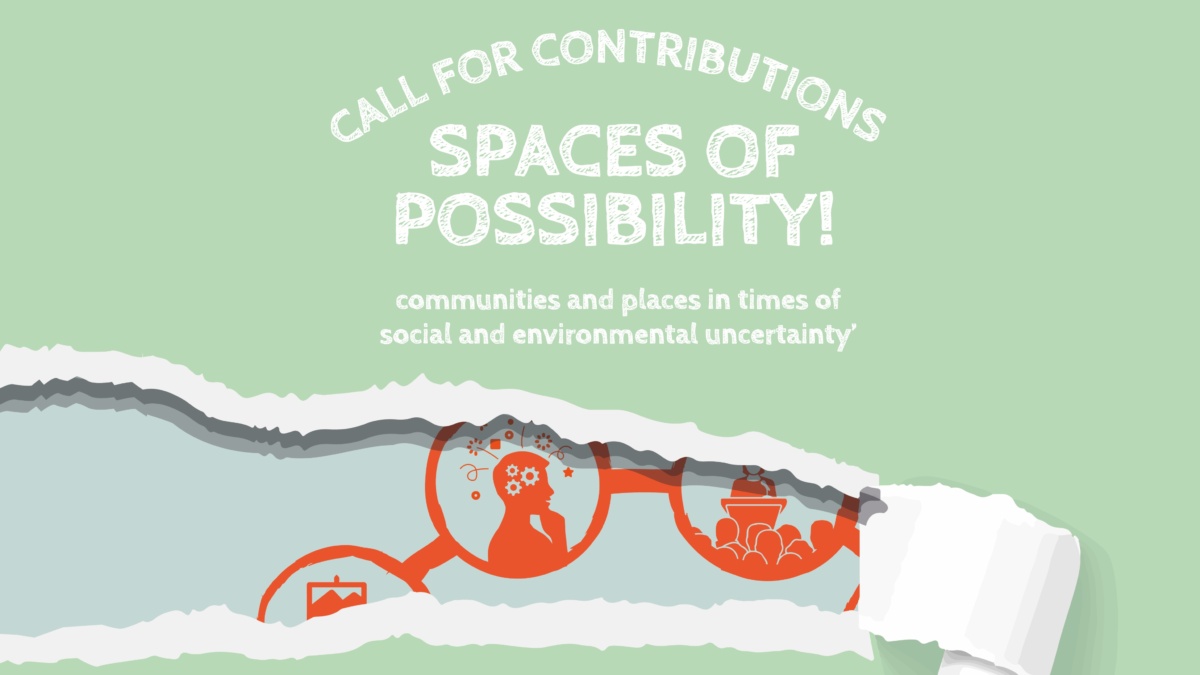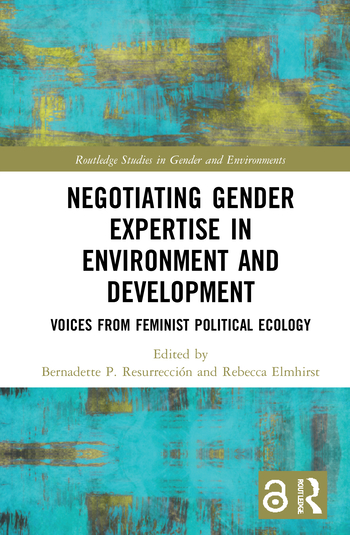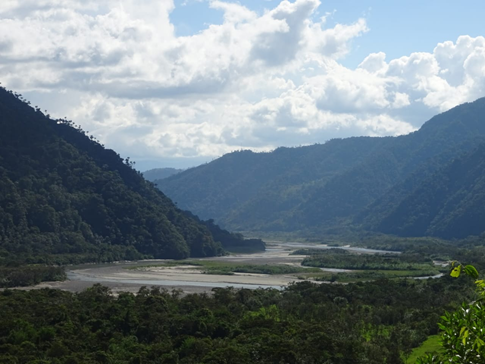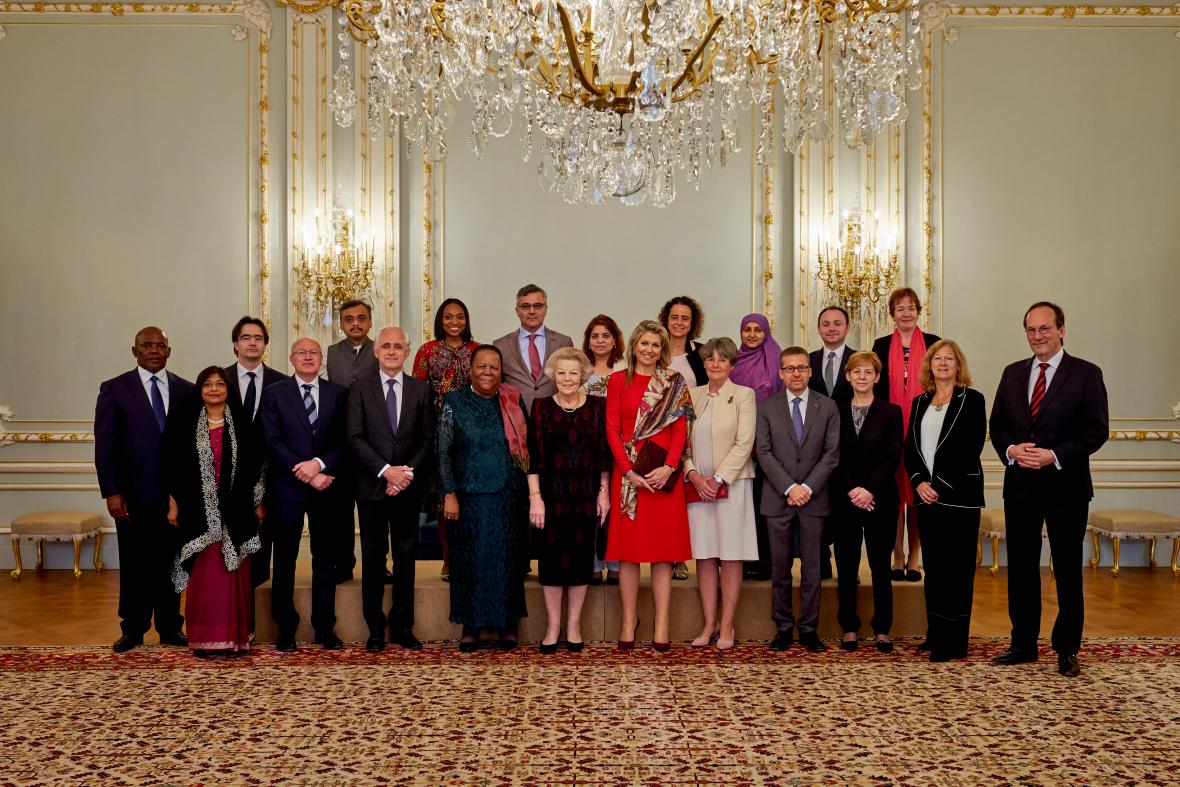The International Institute of Social Studies of Erasmus University Rotterdam (ISS/EUR) is inviting applications for the Prince Claus Chair (PCC) of Equity and Development 2021-23 with the theme:
‘Putting care at the center of equity and development: challenges for gender aware economies based on an ethics of care for people and the environment’.
The Prince Claus Chair
The Prince Claus Chair in Equity and Developmentis a rotating professorship in the field of Equity and Development. The chair was established jointly by two Dutch institutions, Utrecht University (UU) and the Institute of Social Studies (ISS) of Erasmus University Rotterdam (EUR) in honour of Prince Claus of the Netherlands (1926-2002): http://princeclauschair.nl/. The Chair is intended for a young academic from the Global South.
The chair is ‘honorary’ (0.0 fte) and rotates annually between these two establishments and the term has a duration of two years. The Chair holds the post for two academic years (2021-23) and remains embedded in her/his own institution while undertaking residential periods to participate in an agreed programme of activities in The Netherlands in line with the PCC Vision document (link). The residential periods will be for a minimum of 6 months over two years and all costs associated with travel, living expenses and accommodation in The Netherlands will be covered.
The International Institute of Social Studies
The PCC 2021-23 will be based at the International Institute of Social Studies of Erasmus University Rotterdam (ISS/EUR: https://www.iss.nl/en). The ISS is an international post graduate research and teaching institute based in The Hague, which brings together people, ideas and insights from around the world in a multi-disciplinary setting which nurtures, fosters and promotes critical thinking and innovative research on fundamental social problems. Through its teaching and research, ISS has strong partnerships with organizations and individuals in the Global South and a vibrant network which ensures that teaching and research remain socially relevant.
The PCC 2021-23
For the PCC 2021-23, ISS is looking for a socially committed researcher who is deeply engaged in our world’s rapidly changing economic, ecological and technological environments. The candidate selected will be a researcher from the Global South, who is undertaking cutting edge multidisciplinary research and who, in addition, is engaged with communities in both within the academic world and outside of it. The position is intended for an up-and-coming scholar who would benefit from being a PCC in order to further her or his own research, engage in teaching where requested, and to contribute to the public debate reflecting specifically on the Covid-19 pandemic on ways to put in place equitable care at the centre of economies.
The PCC chair will work with the ISS in the partnership with Wageningen University to develop the research programme and will be embedded in a number of key global networks – The Well-being, Ecology, Gender and community (WEGO); The Community Economies Research Network (CERN); The Revaluing Care in the Global Economy; Political Ecology Network (POLLEN; The International Association for Feminist Economics (IAFFE) and The Degrowth R&D– to select case studies to be undertaken with communities which have responded to the Covid-19 pandemic in innovative and exciting ways, and to contribute societally relevant and policy-relevant papers.
The research will explore care and responsibility at the intersection of feminist political ecology and economy looking at community economies and the careful-work in communities for humans and the more-than-human and how care is centred in current economic policy, based on principles of equity, diversity and gender justice. Any teaching or public engagements will relate to the expertise of the candidate. They will be undertaken closely and collaboratively and in the context of ISS interests and engagement in equity and development. For more background on how the research is positioned and designed see here: PCC Final background paper
The ideal candidate has a strong research profile that is able to combine fields that take care as central to their enquiry such as: public health, gender and labour studies, feminist economics, social policy, reproductive rights and health, and environmental justice and the impact of Covid-19 pandemic.
In addition, candidates will:
- be from or based in the Global South
- have a PhD (obtained in the last 15 years) and good academic track record;
- be fluent in English;
- be based in an academic institution and/or research network that has strong societal relevance and impact in the area of gender and care;
- be able to participate and help to strengthen research networks linked to ISS, Wageningen and other institutions in The Netherlands and internationally;
- be able to engage in post graduate teaching public debate when requested; and
- be available to be in the NL for 3 months per year of the appointment in at least two periods.
Application
The International Institute of Social Studies is committed to building and sustaining a community based on inclusiveness, equity and diversity and believes this will contribute to our mission and vision of being the best institute in our field. ISS is an equal opportunities employer and encourages applications from candidates of all genders, ethnicities and nationalities. Given the current composition of the ISS academic staff and priorities relating to staff diversity, the Institute has a preference for applicants originating from the Global South and also encourages applications from minority candidates.
Please submit the following documents in one PDF file to Azza Elias Botrus: eliasbotrus@iss.nl:
- a motivation letter (maximum 4 pages) which includes a description of areas you would like to focus on in the PCC;
- a detailed CV which provides information on your publications, grants, teaching activities and teaching evaluations, societally relevant activities; and
- contact details of three referees.
Please do not send letters of reference or examples of your academic writing.
Deadline for submitting your application is 1 September. Shortlisted candidates will be invited for a skype interview in the period 14-22 September 2020
For additional information:
On the PCC 2021-23 position please contact: Professor Wendy Harcourt: harcourt@iss.nl
On the background of the PCC and vision document, please visit: http://princeclauschair.nl/
On ISS, please visit: www.iss.nl.


